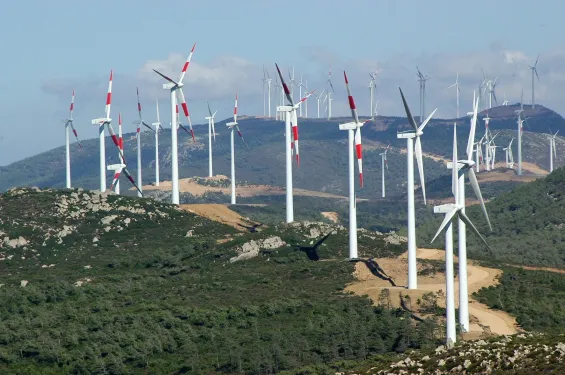Morocco’s rising influence, Algeria’s energy drive, tunisia’s reforms, and Egypt’s nationalist vision

Morocco is rapidly consolidating its position as a key player in North Africa, driven by assertive diplomacy, a sweeping digital transformation, and growing international recognition.
In Dakar, the Kingdom’s Atlantic strategy was widely praised during celebrations of Morocco’s Throne Day. The Secretary-General of the United Nations Conference on Trade and Development (UNCTAD) lauded Morocco as “a source of inspiration” for the continent, highlighting its progressive development model.
Domestically, the government is advancing institutional reforms. Mohamed Hajoui, the Secretary-General of the Government, advocated for the integration of the Amazigh language into national legislation.
In a nod to digital innovation, a nationwide hackathon in Rabat rewarded forward-thinking projects aimed at accelerating the digitalisation of civil society organisations.
On the economic front, Morocco’s “Hejira 2025–2027” initiative seeks to boost exports via a digital platform and tailored insurance mechanisms. The National Airports Office (ONDA) is also modernising its infrastructure, unveiling a new automated baggage-handling centre to enhance airport efficiency.
In parallel, Morocco is strengthening its social solidarity footprint. The Bayt Mal Al Qods Agency has signed an agreement to finance medical care for Palestinians. Meanwhile, the “Moussalaha” programme continues its rehabilitation efforts for former terrorism-related convicts.
Across the border in Algeria, relations with France remain strained amid ongoing disputes over migration and security policy. This tension unfolds against a backdrop of tighter import controls, particularly on passenger vehicles.
Nonetheless, Algeria is forging ahead with energy ambitions. Under the 2019 hydrocarbons law, five exploration licences have been granted to foreign firms, totalling $606 million in investment. These projects are expected to yield up to 400 billion cubic metres of gas.
In Tunisia, authorities have announced a comprehensive overhaul of the public transport sector, vowing a decisive break from past inefficiencies. The upcoming 2026–2030 development plan also prioritises child welfare through a holistic approach to education and social protection.
Yet, social unrest looms. Rising acts of incivility, assaults, and vandalism are fuelling public insecurity and casting a shadow over reform efforts.
In Egypt, President Abdel Fattah Al-Sisi marked the 73rd anniversary of the 1952 Revolution by reaffirming the achievements of the “New Republic,” presented as a model of national modernisation.
The country continues to expand its nuclear ambitions, with the Al-Dabaa power plant—operated entirely by local engineers—set to begin operations in 2028. Meanwhile, remittances from Egyptians abroad soared by 69.6% in the first five months of 2025, reaching $15.8 billion, according to the Central Bank.
About The Author
dailymailafric
I am an avid African news observer, and an active member of Daily Mail Africa.
I’m Passionate about staying informed on diverse topics across the continent,
I actively contribute to publishing on political, economic and cultural developments in Africa.



